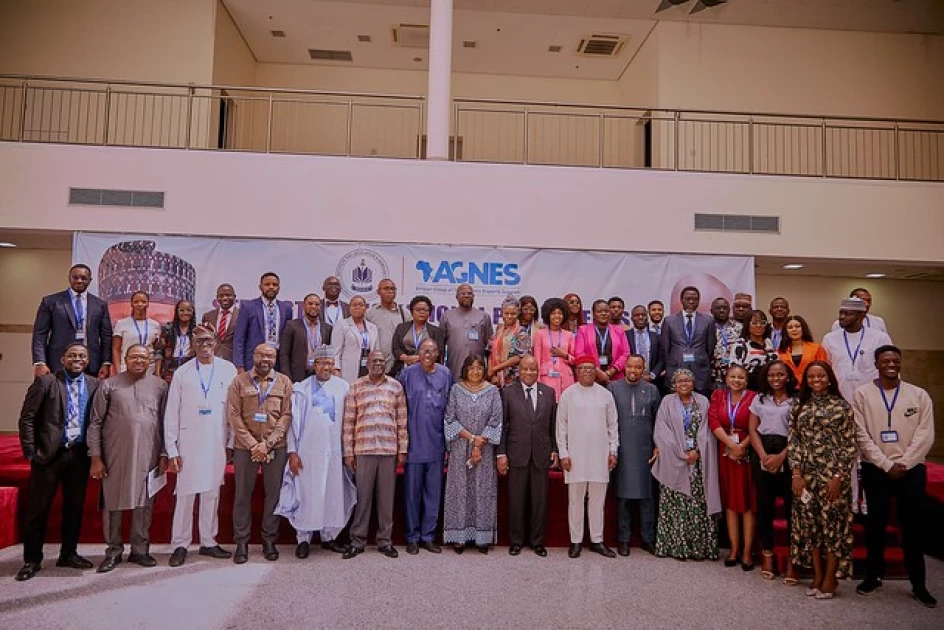Africa needs bold laws to effectively address the effects of climate change - Experts


Audio By Vocalize
Yet these laws are essential tools for addressing the impacts of climate change.
This is the situation even as Africa grapples with severe effects of climate change, despite contributing less than 4% of global emissions.
These effects, ranging from floods and prolonged droughts to unpredictable weather patterns have become the norm. All these climatic changes contributed to 2024 being recorded as the warmest year in a span of 10 years.
Since climate change knows no boundaries, it is therefore crucial for Africa to enact climate change legislation that will help countries effectively address the emerging challenges.
AGNES conducted a comprehensive study on best global practices, examining countries, framework, provisions and elements. As a result, a ready-made draft of a modern climate change law for Africa has now been developed.
““We have five countries with what you can say, it a true climate change legislation in Kenya, Uganda, Zambia, South Africa and Nigeria. While other countries have environmental policies, they do not yet have dedicated climate change laws,” said Dr. David Awolala, Director Policy Research-AGNES.
Dr. Geofrey Omedo of United Nations Development Program (UNDP) Nigeria, noted that Nigeria is proud to be associated with the initiative and looks forward to seeing how the evolution of the modern climate change law progress, as well as how it will strengthen climate change regulations across Africa.
“We are facing a lot of challenges on the climate change front. Just last year, for the very first time, we managed to reach the 1.5-degree pathway, something that both the Kyoto Protocol was trying to avert but it did not succeed in achieving. Now, the Paris Agreement is trying to avert that through the national inter-agency contributions. We hope this will create the right environment to push governments to enhance their submissions in the NDC 3.0s. By the member states present their NDC 3.0s, we aim to reduce the emissions driving the rise in temperatures,” explained Omedo.
Dr. George Wamukoya Team lead at AGNES emphasized the need for climate change laws in African countries, to help in addressing the effects of climate change.
“Climate change is here with us, and therefore we must put in place tools that will help us to address it. And one of the tools is usually the legislation, and I'm sure many of you are familiar with. Legal experts from across Africa and globally are willing to join hands to do the preliminary background research on the existing laws across the globe, and identify what we call best practice,” Wamukoya.
A report by the World Meteorological Organization released in January 2025, showed that 2024 was the warmest year on record based on six international datasets. This further proves that global warming is an undeniable reality, emphasizing the need for a multilaterals approach to fight the effects of climate change.
Speaking during the launch of the model of a modern climate change law, Walters Tubua-Regional Head -UNFCCC-RCC stated that it will be difficult to address climate effects without such legislation.
“When I hear that five African countries have legislation on climate change, it really makes me think we are not taking this issue as seriously as we should. Every country has always shown its determination to address issues, but first and foremost, debating the issue in parliament and adopting the right legislation to protect and enable action in these areas will be of great importance,” shared Tubua.
Tubua continued, “I see this becoming an instrument that will help me at the UN level when I engage with countries. I will be able to put it before them and say, these are the commitments that you have signed onto as a country. I also like the approach that AGNES and partners have used, because they didn't leave it dry. They went right deep into defining terms within the African context. So, it is a document that I find very rich and at the same time, very enabling in nature without restricting your actions at the national level.”


Leave a Comment